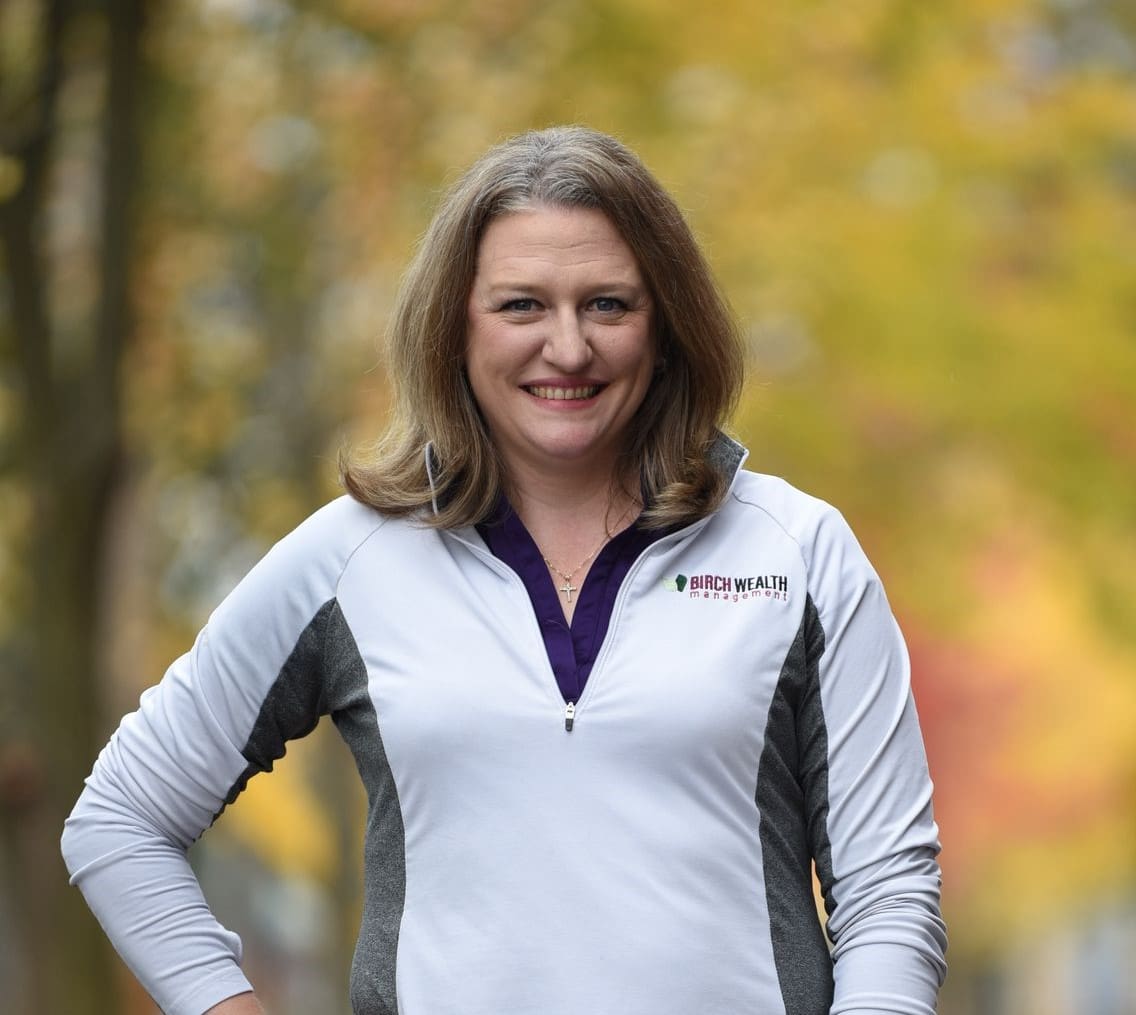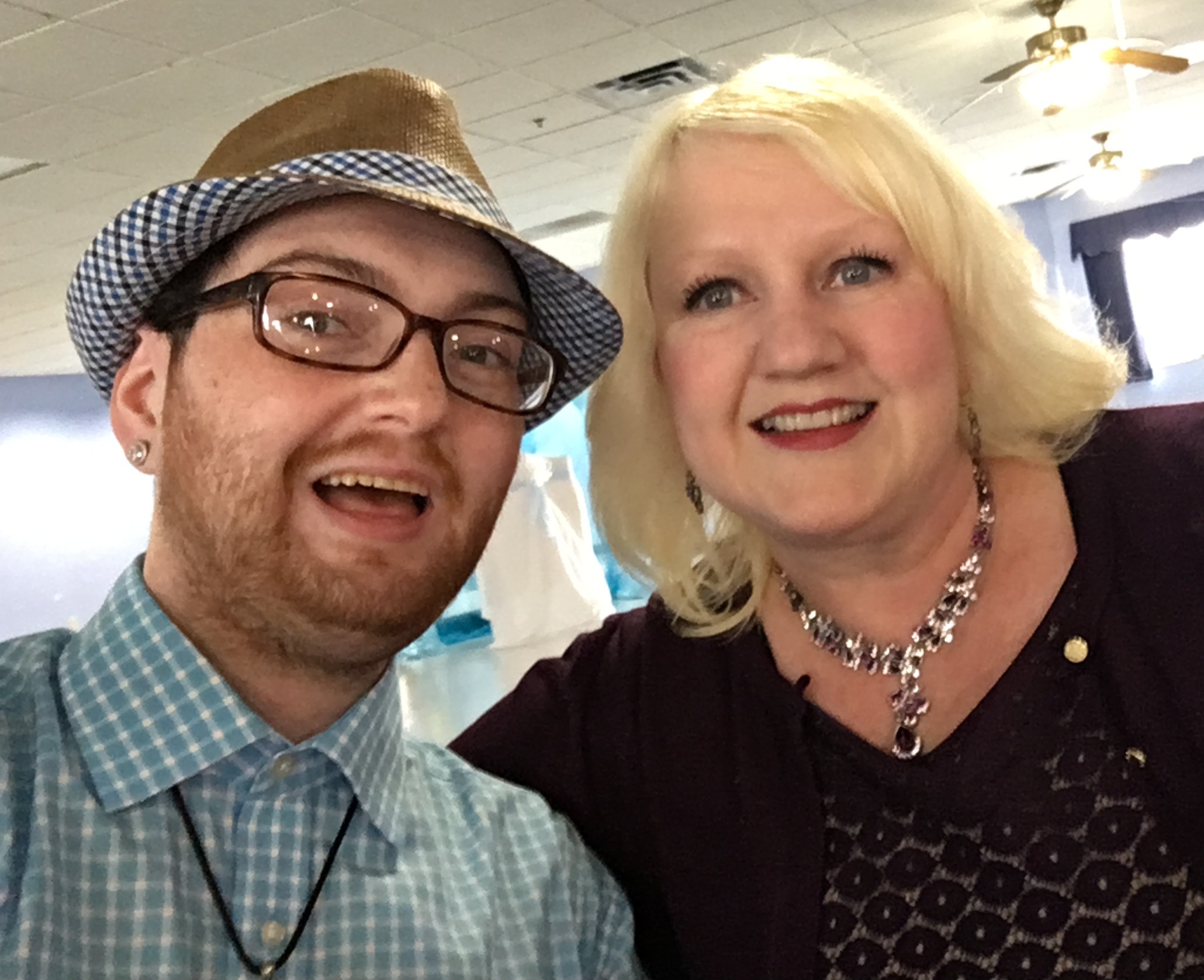By Janelle Davis
Lauren Miter, special education teacher at Elmcrest Elementary in the Liverpool district, recently returned from a journey to Kenya, Africa for the Global Autism Project. Her time in Kenya lasted two weeks, during which she collaborated with team members, local educators, families, and children to build programs for children with autism. In special education for 12 years, Miter has been familiar with the Global Autism Project for a long time.
“This whole opportunity was incredible. It was eye-opening, fulfilling, and I feel a new urge to continue to build upon what I have been doing in the Liverpool community,” Miter admitted. Miter was inspired to apply to take part in the project last November when she met her husband in Brazil after he completed Special Operations Jungle Warfare. While sightseeing in the city of Manaus, they often passed the local school. This made Miter think about her students at home.
“I was thinking of all of the different needs my students have and how the needs of students in third world countries are not even being close to met,” Miter said. “I realized I had to do something to help.”
When applications opened, Miter applied, interviewed, and was accepted into the program out of thousands of applicants. From the accepted applicants, various teams are formed to travel to different countries. Miter was placed with a team in Kenya based on her educational ability and background. Miter and her team were partnered with a local school that serves 21 students.
For two weeks, they worked with the young adults in the school in support of the Global Autism Project’s motto “Do With, Not For.” They were provided access to a local kombucha brewery where students can be trained in a workplace and where the brewery staff can learn how to train them, so children with autism can be integrated into their community.
Miter explained that, in the Kenyan culture, people with autism are seen in a negative light and that something is “wrong” with them.
“It’s important to show the people at the brewery and in the community that children with autism are people,” Miter said. “They have just as many skills and purpose as anyone else.”
According to Miter, part of the difficulty with spreading autism awareness and acceptance in Kenya is that it is a large country with limited access to basic needs. Most people who live in Nairobi have decent access to education and can be reached. At the same time, there are many tribes further from the city in remote regions more difficult to reach. Progress is made as some students are being accepted into the workplace as coworkers.

The students Miter worked with had an opportunity to go to a factory for a company called, Grounded, which focuses on producing all-natural cleaning products. This company also has a brewery component of both coffee and kombucha.
On this particular trip, Miter assisted with transitioning three students from the therapy center into the factory to begin their working careers. They were over the age of 18 and were able to travel to the brewery with a staff member at least once a week. “The students did a great job and were happy while visiting the factory,” Miter shared.
Despite the challenge of raising autism awareness in Kenya, most of the factory workers were very interested and open to learning about autism and their future coworkers. They were patient and asked questions. Miter said that the workers even did their own research before the students came.
“It was a great experience to see how the students were welcomed when venturing into this new place. It was great to see the potential of the students and the factory workers working together,” Miter shared.
To support the organization’s mission, Miter and the team taught strategies and provided resources to the school and the community. They worked with school staff so that they were highly trained and knew how and when to use best practices.
During her time in Kenya, Miter worked very long hours and days to make sure that she could make as much of an impact as possible. There are specific teaching strategies to implement with a student with autism.
“We worked with the staff in transitioning the students into the factory, but we also worked to provide training to them. Four mornings out of the week before students came in, we trained staff in specific areas that staff felt they needed,” Miter said. Such areas included behavior management techniques, best practices for teaching students with autism, and how to include rewards and make learning fun.
Miter and the team set up a platform for two different projects for the March Global Autism Project to continue with.
From this experience, Miter was able to meet and work with some incredible people from Kenya. She said it was refreshing to see their passion for work in a setting with such limited resources.
“Life, in general, is harder in Africa, but the people and the positivity are unmatched. I am proud of the experience I had with them and any impact I made. I know I helped teach and collaborate with the center, but I also learned and grew personally and professionally. I have big goals for myself, the Liverpool community, and the individuals with disabilities who live in this area.






You must be logged in to post a comment.